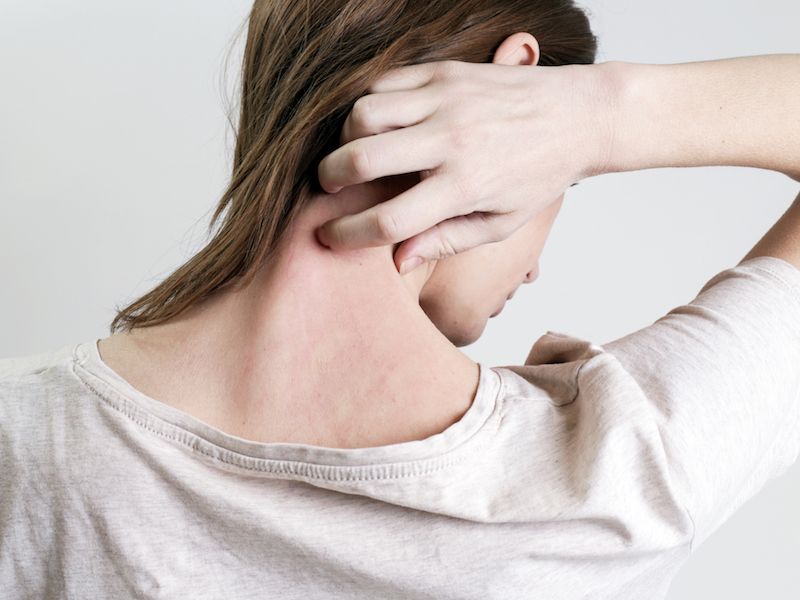
When you think about psoriasis, you likely recall all those commercials showing people with skin issues. Psoriasis is more than skin issues and really affects your overall health. Psoriasis is often misunderstood and minimized, due to a lack of knowledge of how psoriasis impacts sufferers as well as the serious conditions that can be related to this disorder. Even though plaques on the skin are its most noticeable sign, they’re indicative of what psoriasis can cause in the whole body: The risk of metabolic disorders that are increased by persistent inflammation and cardiovascular disease.
A new study strengthens the body of research connecting another significant issue to psoriasis: Hearing loss. Published in The Journal of Rheumatology, The connection between hearing impairment, psoriatic arthritis, and mental health were examined in this study. Psoriatic arthritis has an influence on the joints, and is a type of psoriasis, causing pain, swelling, and difficulty with movement. Sufferers could also suffer from psoriasis, but with psoriatic arthritis, it’s conceivable to have inflammation without also having the tell-tale plaques.
When someone has psoriatic arthritis, the body is basically targeting its own healthy tissue in the same way that it does with rheumatoid arthritis because they are all autoimmune diseases. But psoriatic arthritis is different from rheumatoid arthritis because it’s usually asymmetrical (so you could have it in one knee but not the other), and that besides joints, it often impacts sufferer’s nails (leading to painfully swollen toes and fingers) and eyes.
Based on the findings of this recent study, inflammation caused by psoriatic arthritis might also impact hearing. The researchers contrasted the self-reported hearing loss of individuals who suffer from psoriatic arthritis, people who suffer from psoriasis but not psoriatic arthritis, and a big control group of people who had neither problem. They found that hearing impairment was more likely to be reported by the group that suffered from psoriasis, and audiometric screening backed up the self-reports. Even when other risk considerations are taken into consideration, people diagnosed with psoriatic arthritis were significantly more prone to suffer from hearing loss than either {the control group or psoriasis sufferers}.
But that’s not to say there’s no link between psoriasis, psoriatic arthritis and hearing loss. A 2015 study found that there is a substantially higher danger, for people who have psoriasis, of developing sudden sensorineural loss of hearing, otherwise known as sudden deafness. With sudden sensorineural hearing loss, sufferer’s ability to hear diminishes substantially in three days or less. It has several potential causes, but scientists think that sudden psoriasis flare-ups might be responsible. If this takes place in or near the cochlea, it may impede hearing. In some circumstances, treatments that help psoriasis symptoms could be used to deal with this type of hearing loss, but hearing aids are often recommended when other treatments don’t seem to be helping.
It’s worthwhile to monitor your hearing if you have psoriasis or psoriatic arthritis. Plan regular hearing tests along with your annual health-care appointments. The inflammation from these diseases can lead to inner ear harm, which can result in psoriasis and loss of balance. There are also connections between psoriasis, psoriatic arthritis, depression and anxiety, which can both exacerbate loss of hearing. Hearing loss is a condition you want to catch sooner rather than later because untreated loss of hearing can lead to other health issues including dementia.
With early treatment, you can keep in front of the symptoms by getting your hearing examined frequently and working with your doctor, comprehension is essential. Neither hearing loss nor psoriasis should cause you to sacrifice your quality of life, and all the difference is having the right team by your side.
